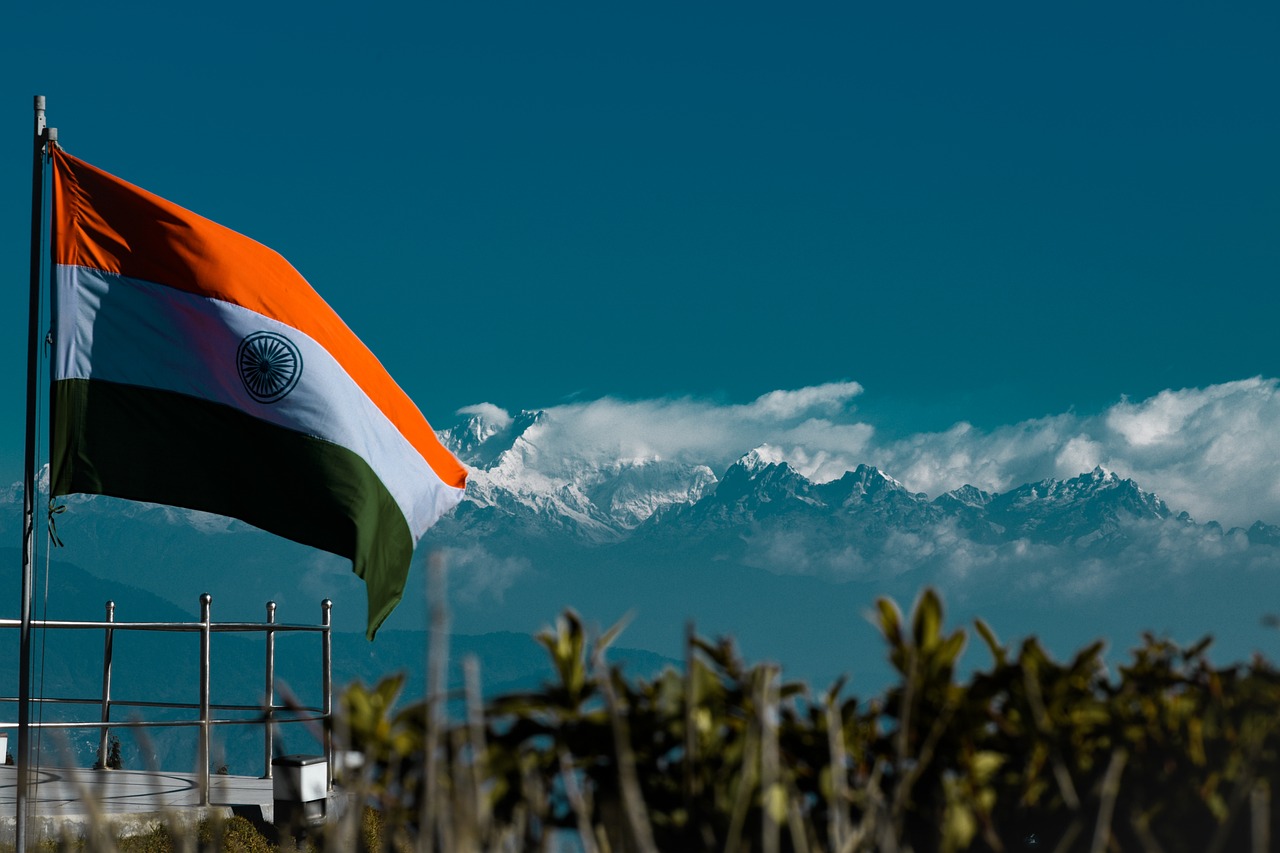In an extraordinary display of democratic strength, the recent parliamentary elections in India have thwarted the emergence of authoritarian tendencies, underscoring the profound commitment of the Indian electorate to their democratic values. This electoral triumph is not just a reflection of the people's will but also a powerful testament to the enduring strength of India's Constitution.
The Electoral Verdict: A Resounding Rejection of Authoritarianism
India's recent parliamentary elections witnessed a remarkable voter turnout, with citizens from all walks of life coming together to make their voices heard. This unprecedented participation highlighted the electorate's determination to protect democratic principles and reject any drift towards dictatorship. The clear and decisive mandate against authoritarian inclinations underscored the electorate's deep-rooted belief in democratic governance.
The Constitution: Guardian of Democracy
Crafted by its founding leaders, India's Constitution is the guardian of its democratic framework. It enshrines fundamental rights, establishes the separation of powers, and provides a robust system of checks and balances. The recent elections illuminated the populace's profound understanding of these constitutional protections and their unwavering resolve to uphold them.
Fundamental Rights and Freedoms
The Constitution guarantees fundamental rights such as freedom of speech, expression, and assembly. These rights are the lifeblood of a vibrant democracy, enabling citizens to voice their opinions, challenge injustices, and engage in the political process. The election results affirm the electorate's determination to safeguard these freedoms from authoritarian encroachment.
Separation of Powers
The doctrine of separation of powers ensures that the executive, legislature, and judiciary function independently, preventing the concentration of power in any single entity. This framework is crucial in deterring dictatorial tendencies. The recent elections underscored the public's recognition of the importance of this balance in maintaining democratic integrity.
Judicial Independence
An independent judiciary is a cornerstone of the Indian Constitution, acting as a bulwark against executive overreach and protecting individual liberties. The electorate's rejection of authoritarianism highlighted their trust in an impartial judiciary to uphold justice and defend constitutional rights.
The People's Knowledge and Vigilance
The success of the recent elections is a testament to the electorate's deep understanding of democratic principles and constitutional values. Extensive public awareness campaigns, educational initiatives, and the active role of civil society organizations have played a pivotal role in fostering this knowledge. Citizens demonstrated an acute awareness of their rights and responsibilities, recognizing the critical importance of their vote in shaping the nation's future.
Strengthening Democratic Institutions for the Future
While the recent elections have reinforced India's democratic foundations, continuous efforts are needed to strengthen democratic institutions further. This involves ensuring transparency, accountability, and inclusivity in governance. Fostering civic education and promoting constitutional literacy is crucial to empowering citizens to participate meaningfully in the democratic process.
Civic Education and Constitutional Literacy
Educational curricula must emphasize the significance of the Constitution and democratic values, instilling a sense of civic duty in young minds. Public discourse and media should also highlight constitutional principles, enabling citizens to make informed decisions and hold their leaders accountable.
Inclusive Governance
Inclusive governance practices prioritizing marginalized communities' voices and needs are essential for a robust democracy. Ensuring representation and participation from all sections of society will enhance the legitimacy and effectiveness of democratic institutions.
Conclusion
The recent parliamentary elections in India have been a triumph for democracy, demonstrating the electorate's unwavering commitment to constitutional values and democratic principles. As the nation moves forward, it is crucial to continue nurturing and protecting these ideals, ensuring that the people's will remains the ultimate guardian of India's democratic heritage. This victory against authoritarianism is not merely a moment of celebration but a clarion call to action to preserve and strengthen the democratic institutions that form the cornerstone of the nation's identity.


